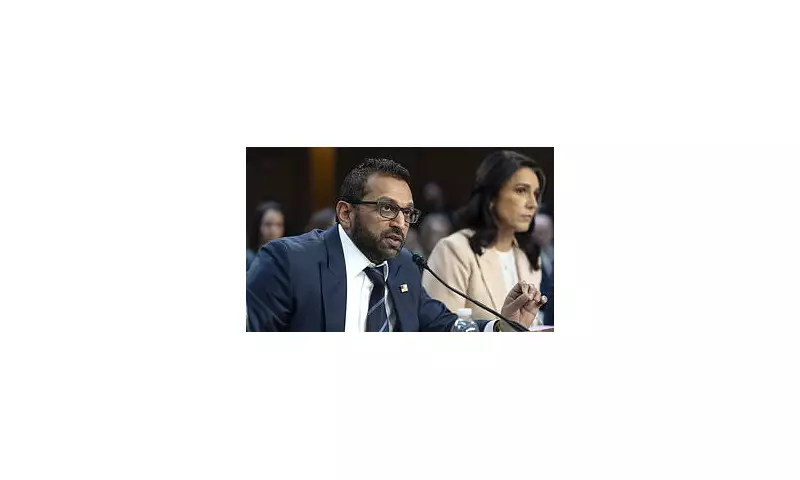
In a stunning political development that transcends traditional party lines, former Trump administration official Kash Patel has joined forces with ex-Democratic congresswoman Tulsi Gabbard in a bold campaign to reform America's intelligence apparatus.
The Unlikely Partnership
This remarkable bipartisan alliance brings together two figures from opposing political spectrums, united by their shared concerns about what they describe as systemic corruption within US intelligence agencies. Patel, known for his controversial role in the Trump administration, and Gabbard, the former Democratic presidential candidate who left her party, have found common ground in their mission to expose alleged political weaponisation of intelligence.
Breaking Political Boundaries
The collaboration represents a significant departure from conventional political alignments. Patel, who served as chief of staff to acting Defense Secretary Christopher Miller and held various intelligence roles, brings insider knowledge of the system he now seeks to reform. Gabbard, meanwhile, provides the perspective of a former Democratic insider who has become increasingly critical of her own party's approach to national security matters.
Shared Concerns About Intelligence Overreach
Both figures have expressed alarm about what they perceive as intelligence agencies operating beyond their constitutional mandates. Their joint efforts focus on several key areas:
- Alleged political targeting of American citizens
- Intelligence community interference in domestic politics
- Lack of transparency and accountability mechanisms
- Weaponisation of security agencies against political opponents
From Political Rivals to Reform Allies
The partnership between Patel and Gabbard underscores growing concerns among both conservatives and liberals about the expanding power of intelligence agencies. Their collaboration suggests that worries about intelligence overreach are no longer confined to traditional partisan boundaries.
Gabbard's political transformation from rising Democratic star to party critic has positioned her as an unexpected ally for conservative reformers. Meanwhile, Patel's continued influence in Republican circles provides access to political networks that might otherwise be unreachable for a former Democrat.
The Road Ahead for Intelligence Reform
This unusual political marriage signals a potential shift in how intelligence reform might be approached in the future. By building bridges across the political divide, Patel and Gabbard hope to create a broader coalition for change that can withstand the shifting tides of Washington politics.
Their alliance raises important questions about the future of intelligence oversight and whether bipartisan cooperation on national security issues might be possible in an increasingly polarised political landscape.





